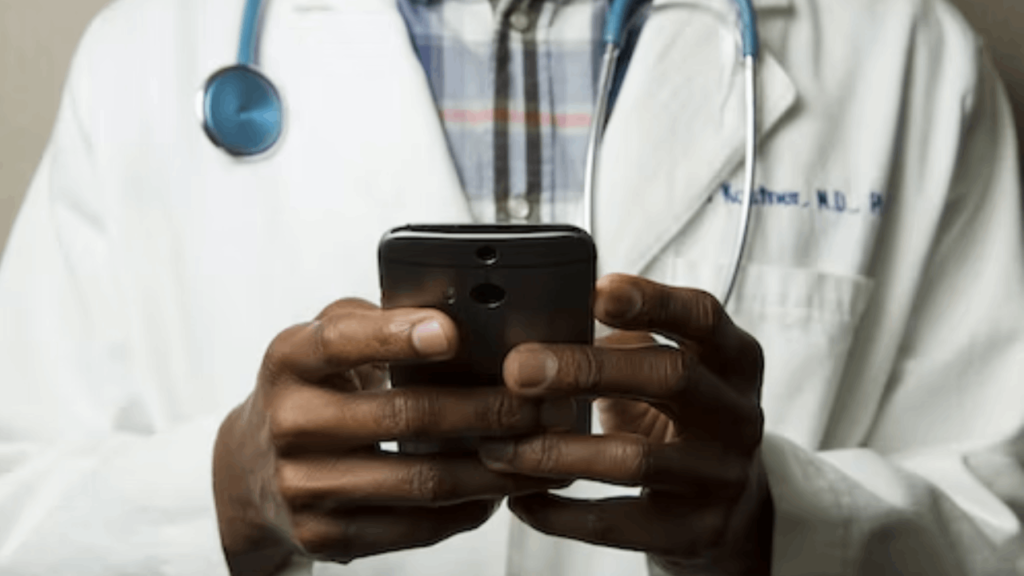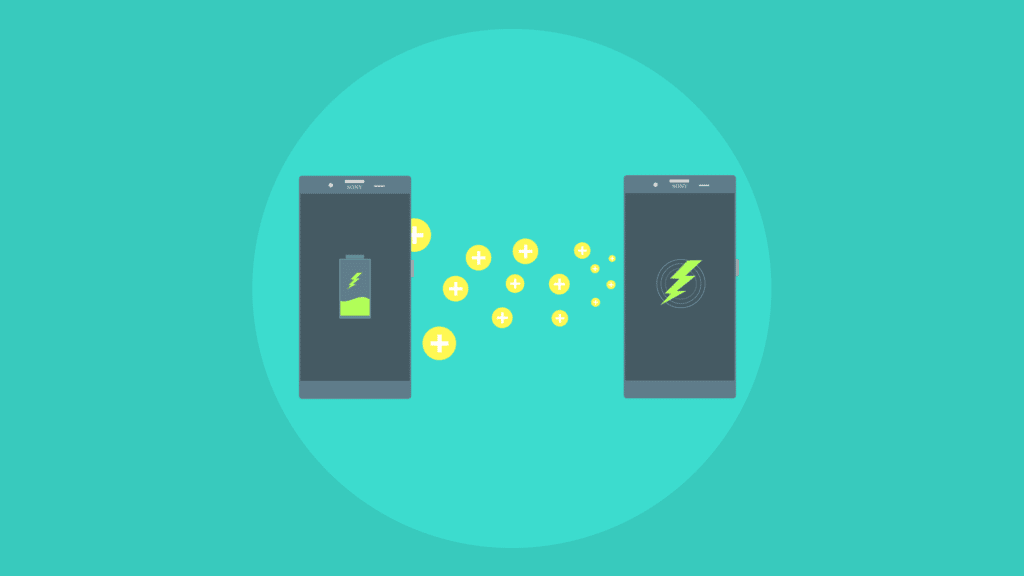The healthcare industry is undergoing a massive transformation as a result of advancements in mobile technology. Mobile healthcare devices are revolutionizing the way medical care is delivered, and they are making it easier for patients to access quality care.
In this blog, we will explore how mobile is transforming the healthcare industry, the benefits of mobile healthcare technology, current mobile healthcare applications, and the future of mobile healthcare.
Introduction to the mobile healthcare revolution
The mobile healthcare revolution is changing the healthcare industry by providing access to more personalized and efficient care. Mobile technology is enabling healthcare providers to deliver better care to patients by streamlining processes, improving communication, and providing better patient engagement. Patients are now able to access healthcare from anywhere and at any time, and they can manage their health more effectively.
Mobile technology is transforming the healthcare industry by making it easier for healthcare providers to monitor patient data and make care decisions. Healthcare providers are now able to access real-time patient data, which allows them to make better decisions about treatment options. Patients can access their medical records, track their health, and make appointments more conveniently.
What is mobile healthcare technology?
Mobile healthcare technology is the use of mobile devices to deliver healthcare services. Mobile healthcare technology includes a wide range of devices, such as smartphones, tablets, and wearables.
These devices are used to collect data, monitor health, and provide access to medical care. Mobile healthcare technology is making it easier for healthcare providers to deliver care to patients, and it is making it easier for patients to access their medical records and manage their health.
Mobile healthcare technology is also being used to improve communication between healthcare providers and patients. Patients can communicate with healthcare providers through secure messaging platforms, and they can receive health updates and reminders from their healthcare providers. This improved communication is helping healthcare providers to provide better care to their patients.
Benefits of mobile healthcare technology
Mobile healthcare technology is providing numerous benefits to both healthcare providers and patients. For healthcare providers, mobile technology is making it easier to collect and analyze data, which allows them to make better decisions about care. For patients, mobile technology is providing access to their medical records, allowing them to manage their health.
Mobile healthcare technology is also making it easier for healthcare providers to monitor and track patient data. Healthcare providers can access real-time data, which allows them to make more informed decisions about care. Patients are also able to access their medical records, which makes it easier for them to manage their health.
Mobile healthcare technology is also providing access to care for patients in remote areas. Patients in rural areas can access healthcare services from anywhere, and they can communicate with their healthcare providers more easily. This improved access to care is helping to improve the quality of care for patients in remote areas.
Adoption of mobile healthcare technology
The adoption of mobile healthcare technology has been increasing over the past few years. Healthcare providers are beginning to recognize the benefits of mobile technology, and they are incorporating it into their practices. The adoption of mobile healthcare technology is also increasing among patients, as they are beginning to recognize the benefits of using mobile devices to access their healthcare.
The adoption of mobile healthcare technology is being driven by both healthcare providers and patients. Healthcare providers are recognizing the benefits of using mobile technology to improve care, and they are incorporating it into their practices. Patients are also recognizing the benefits of using mobile devices to access their healthcare, and they are increasingly using mobile devices to manage their health.
Challenges facing mobile healthcare technology
Although mobile healthcare technology is providing many benefits to both healthcare providers and patients, there are still some challenges that need to be addressed. The most significant challenge is the security and privacy of patient data. Mobile devices are vulnerable to cyber-attacks, and patient data must be protected from unauthorized access.
Another challenge facing mobile healthcare technology is the cost of implementation. Healthcare providers must invest in mobile devices and software to utilize mobile healthcare technology. This can be a significant cost for healthcare providers, and it can be a barrier to adoption.
Finally, there is a need for more research and development on mobile healthcare technology. There is still a lot of work to be done to make mobile healthcare technology more effective and efficient. There is also a need for more education and training on mobile healthcare technology for healthcare providers to be able to effectively use it.
Examples of current mobile healthcare applications
Several mobile applications are being used to deliver healthcare services. Mobile applications such as MyChart and HealthKit are being used by healthcare providers to manage patient data and communicate with patients. Mobile applications such as Fitbit and Apple Health are being used by patients to track their health and access medical records.
Mobile applications are also being used to facilitate remote consultations. Healthcare providers are using video conferencing applications to communicate with patients and provide care. Mobile applications are also being used to provide access to telemedicine services, such as online consultations and prescription refills.
Mobile healthcare device trends
The market for mobile healthcare devices is rapidly growing, and manufacturers are developing new devices to meet the needs of healthcare providers and patients. Wearable devices are becoming more popular, as they can track a variety of health metrics. Smartphones and tablets are also being used as mobile healthcare devices, and they are being used to access medical records, track health metrics, and provide access to telemedicine services.
The market for mobile healthcare devices is also becoming more competitive, as manufacturers are developing devices with more features and capabilities. Manufacturers are also developing more affordable devices, to make them more accessible to healthcare providers and patients.
Security and privacy considerations for mobile healthcare

When using mobile healthcare technology, it is important to consider security and privacy. Mobile devices are vulnerable to cyber-attacks, and patient data must be protected from unauthorized access. Healthcare providers must ensure that their mobile devices are secure and patient data is encrypted.
It is also important to consider data privacy when using mobile healthcare technology. Healthcare providers must ensure that patient data is not shared without the patient’s consent. Patients must also be informed about how their data is being used, and they must be given the option to opt-out of sharing their data.
Future of mobile healthcare
The future of mobile healthcare is bright, as mobile technology will continue to revolutionize the healthcare industry. New devices and applications are being developed to make healthcare more efficient and accessible. The use of artificial intelligence and machine learning is also being explored, to make healthcare more personalized and effective.
The use of mobile devices will continue to increase, as healthcare providers and patients recognize the benefits of using mobile technology. Mobile healthcare technology will continue to make it easier for healthcare providers to deliver care to patients, and it will make it easier for patients to access their medical records and manage their health.
Conclusion
Mobile technology is revolutionizing the healthcare industry, and it is making it easier for healthcare providers to deliver care to patients. Mobile healthcare technology is providing numerous benefits to both healthcare providers and patients, and it is making it easier for patients to access their medical records and manage their health.
The adoption of mobile healthcare technology is increasing, and new devices and applications are being developed to make healthcare more efficient and accessible. As mobile technology continues to evolve, it will continue to transform the healthcare industry.
Visit our blog for more amazing content.




